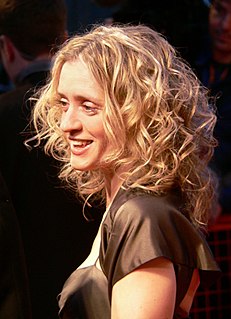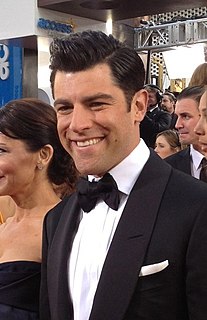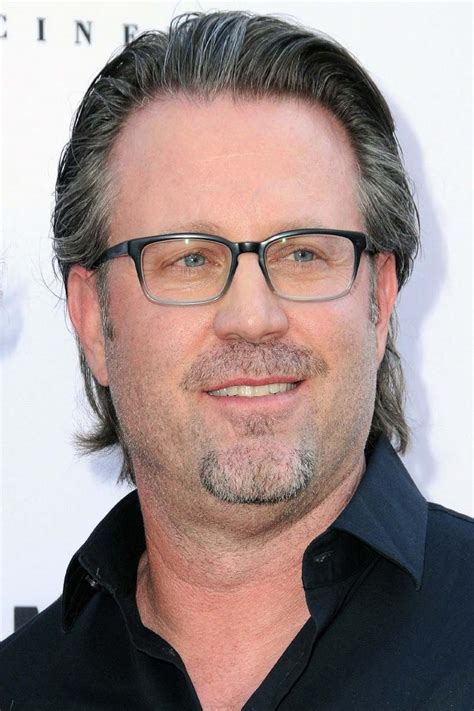A Quote by Josh Radnor
My film school is making movies. But, I do think that being an actor has served me immensely, as both a writer and director, in terms of knowing what is playable and what will be fun to play, for actors, and also how to communicate to actors on set, and not screw them up and get them in their head.
Related Quotes
Actors become actors because they loved entertaining their family by putting on the lampshade and dancing around as a kid, ... That's not my personality. For me, the fun part of making movies is seeing it as a director sees it. I like the architecture of movies. I like knowing what's coming and working to set that up.
Actors, I think, are all the same. Both Korean actors and American actors are all very sensitive people, and they are all curious to know what the director thinks of them and how they are evaluated, and they try to satisfy the director. And they like it if you listen carefully to their opinions and accept them.
To go into more specifics regarding actors, whether they're from Korea or the U.S., all actors know if they are loved by the director. When they feel that love from the director, they respond by giving a great performance on camera. Also, everyone on set - the crew, the actors - they were aware of the film's message and its broad theme, so these big issues were never discussed on set.
People have a different idea of how movies are made than they really are. On a certain level, everyone throws ideas into the hopper. It's not like the actors are wind-up dolls that you push out onto the floor, play with, then put back in the box. You get people around you who you trust; the writer, the producer, the director and all the actors all contribute.
I love actors, both my parents were actors, and the work with actors is the most enjoyable part of making a film. It's important that they feel protected and are confident they won't be betrayed. When you create that atmosphere of trust, it's in the bag - the actors will do everything to satisfy you.
Well, actors get very frustrated with giving control to other people. They have their own ideas and wants for their characters. Warren Beatty once told me that he thought actors ended up directing out of frustration. If you have a strong sense of how to communicate a film, you should direct. The problem is that it is a huge commitment. I'd rather direct a play than a film due to the time. A movie can tie you up for a year or more.
Your actors need to trust you as a director, but normally, I think you just need to have an open communication between the actors and the director. I think the director needs to really paint his or her vision to the cast and let them know the kind of mood that he or she is making. I think that's very important.
The dream, I think, with any project is it starts with an idea, and then somebody writes it, and the writer hopes that a director comes on and makes this piece of material visual, and both the director and writer hope that they can have actors come in and bring something to it that neither one of them expected, elevating it along the way.
I think that what's important as a director is to give your actors the feeling that they're protected, the feeling of confidence, the feeling that if they make mistakes, then as a director, you'll know how to help them. If you're able to convey that, then the actors will give you wonderful performances. As well as the author, you have to write scenes that give the actors the opportunity to show what they're capable of.





































